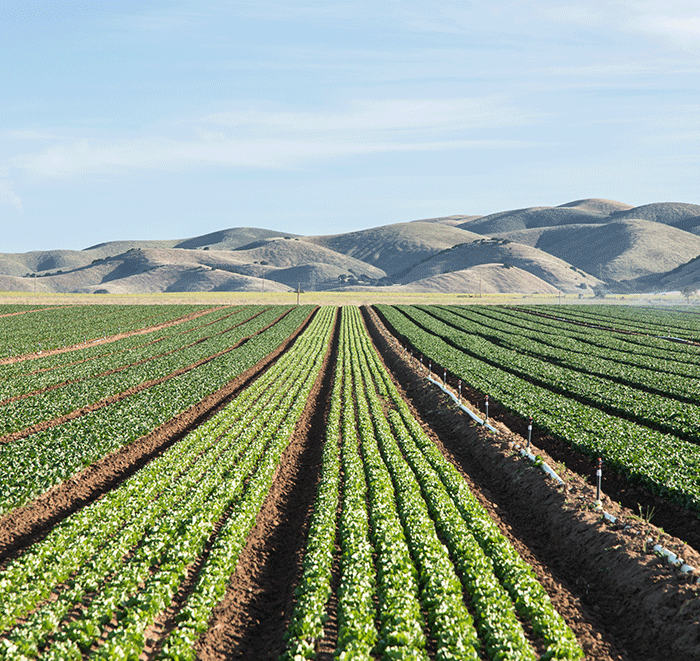Agribusiness News
For Media Inquires:
Michele O’Rourke
People & Culture Director
morourke@wilburellis.com
360-356-2702
Wilbur-Ellis Agribusiness HQ
4582 S. Ulster Street Parkway
Suite 400
Denver, CO 80237
(720) 306-6340
Bacterial Blast and Canker
A point of interest in Northern California is the increased visibility of Bacterial Blast and Canker in young almond orchards.
A True Problem: Stink Bug & Leaf Footed Plant Bug
Two true bugs that are a problem in almond orchards in the San Joaquin Valley are the Green Stink Bug and the Leaf Footed Plant Bug. Both insects can cause damage to the crop that can result in economical loss to the grower.
Irrigation Strategy When Water Supply is Limited
California’s agricultural waterscape is looking relatively grim for the 2022 irrigation season. Many growers will be making irrigation decisions with a limited water supply weighing heavily on their minds.
Signs, Symptoms, Location of Alternaria Throughout the Valley
Alternaria is a fungal disease that is caused by multiple species including A. alternata, A. arborescens, A. tennuissima.
Food Safety and Grower Compliance
Wilbur-Ellis Agronomists and our Food Safety and Field Technology Specialists use our proprietary software to help meet your food safety audit requirements.
April 2022 Weather Update
Consistent morning soil temperatures are remaining in the high 30’s and low 40’s across the state.
Should I Plant More Soybeans & Early Plant Soybeans
Bean Leaf Beetles, Bean Pod Mottle Virus, Soybean Gall Midge, and strains of phytophora are all concerns especially when soybeans are planted two years in a row on the same acre.
2022 Spring Food Safety Updates
2022 spring reminders As spring approaches here are a few reminders to add to your spring to-do list: Initial pre-season water tests Review and Complete Risk...
